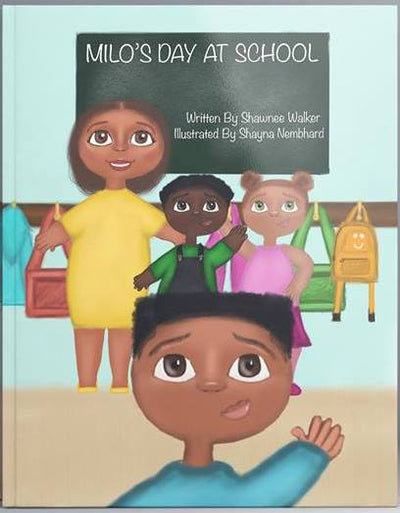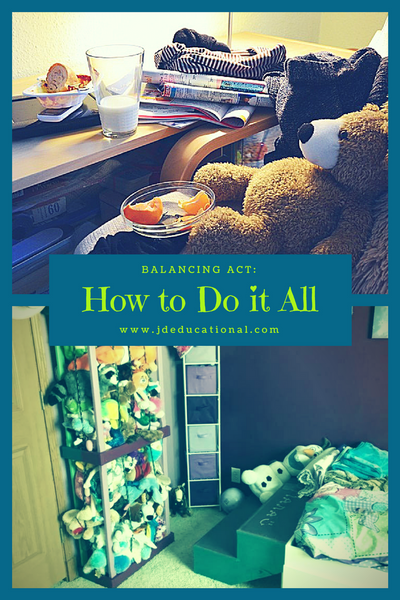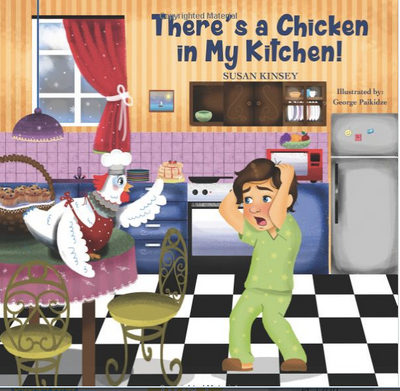
Articulation vs. Language (Guest Post)
by Marissa Siegel, SLP
Ever wonder about your child's speech development?
Are they on track, delayed, or way ahead?
Let's take a look!
I have built a career as a speech-language pathologist (SLP) working in both private practice and public schools. My favorite part, other than helping kids, is collaborating with parents. This is why I have written a post about communication development, specifically the difference between articulation and language.
Keep reading for some helpful tips and guidelines.

There are many areas of communication development. An SLP is your go-to person on this front. Most would say there are five main areas to look at when determining if a child's communication skills are developing appropriately:
- Articulation
- Language
- Voice
- Fluency
- Pragmatics
In this post, we will focus on Articulation and Language.
Part 1: Articulation

The American Speech-Language-Hearing Association ( ASHA) defines an articulation disorder as when phonemes, or the basic units of speech, can be added, omitted, distorted or changed, or substituted in a manner which makes the speaker difficult to understand.
What does that mean?
This means the way your child sounds when they're talking. Lots of little ones will do things with their speech such as substitute one sound for another or shorten longer words. For example, they might say "tandy" instead of candy, or "ephant" for elephant. It's important to know when this is normal, and when it's a sign to check with an SLP.
An easy way to get a feel for if your child's articulation is on track would be through intelligibility. Intelligibility is a measure of how much of someone's speech is able to be understood.
A simple guide to intelligibility by age:
- 18 months old - your child should be approximately 25% intelligible. That means you understand about 1 in 4 things he or she may say.
- 24 months old - your child should be between 50-75% intelligible.
- 36 months old - 75-100% intelligible. You should understand most, if not all your child says.
- After age 3, your child should be close to 100% intelligible - meaning you should be able to understand everything they say, even when they speak in sentences.
Part 2: Language

Language is up next! Language is about more than words. It's also about how words go together in a sentence (syntax), or how words change (morphology), as well as vocabulary. If you are concerned that your child doesn't have many words, then you are concerned about their "Language Development."
There has been a lot of research on language development, although a very simple rule of thumb for parents of little ones is:
- By age one - your child should be starting to say their first word
- By age two - your child should be putting two words together
- By age four or five - your child's sentence length can shoot up exponentially.
Vocabulary increases dramatically at these young ages as well.
Keep in mind, this is a very broad overview of articulation and language in young children and there is a wide range of typical development. There is so much more information out there! If you feel that your child may be behind in their communication development, talk with a speech-language pathologist about it to determine the best course of action. They may recommend a screening or evaluation to see how your child's communication is developing and determine if speech therapy is recommended.
----------------------------------------------------------------------------------------------

Are you interested in learning more about language development? Wondering how to help your child develop their language skills in a natural way? Your child's language and play development happens in specific, sequential stages and there are things that YOU can do in each stage to help them develop more advanced skills. Find out how in JDEducational's FREE Blog Series Language Leaps!
----------------------------------------------------------------------------------------------

About the Author
Marissa Siegel started as a student with a talent for writing and an interest in communication. After receiving her Masters Degree from the University of Maryland in 2011, she embarked on a career as a speech-language pathologist. Marissa is passionate about helping others and working to build up her community. She currently lives in the Southeast Portland area with her husband, Dan, and their four-legged family member, Banksy.
Marissa recently wrote a children's book titled "Sammy Goes to Speech", which can be found HERE.
 Was this interesting to you? Sign up here to receive our new blogs as soon as we publish them!
Was this interesting to you? Sign up here to receive our new blogs as soon as we publish them!




